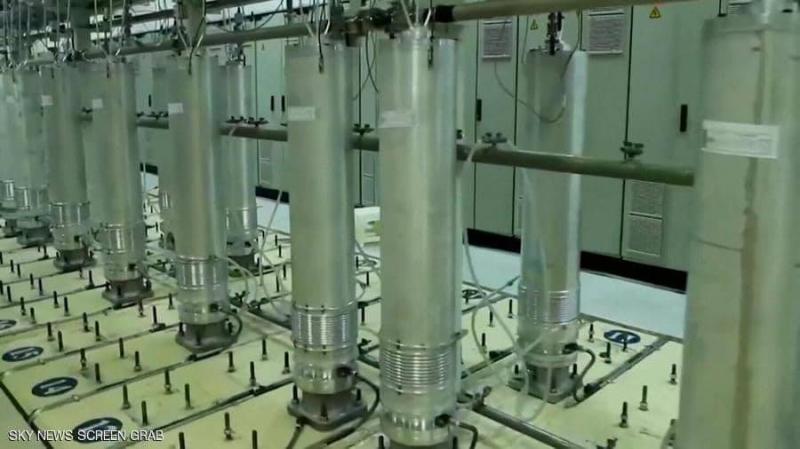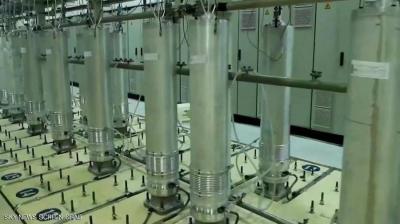The International Atomic Energy Agency (IAEA) stated on Sunday that Tehran has not fully fulfilled the conditions of an agreement it reached with the agency two weeks ago, which allows its inspectors to maintain monitoring equipment in Iran. The UN-affiliated agency noted in a statement that "IAEA Director General Rafael Grossi emphasized that Iran's decision not to allow the agency access to the workshop manufacturing components for centrifuges in Karaj contradicts the agreed-upon conditions of the joint statement issued on September 12."
The September 12 agreement, which was achieved on the eve of the meeting of the IAEA Board of Governors consisting of 35 countries, meant that Western powers opted not to seek a resolution criticizing Iran at that meeting in return for Tehran's agreement to replace memory cards in equipment when they become full, according to Reuters.
Iran's representative to the IAEA stated on Monday that the Director General's report is inaccurate and exceeds the agreed-upon conditions of the joint statement. Kazem Gharib Abadi tweeted that "any decision made by Iran regarding the monitoring devices is based solely on political considerations rather than legal ones, and the agency cannot and should not consider it one of its entitlements," according to Reuters.
This situation could undermine hopes for resuming broader talks aimed at reviving the Iranian nuclear deal, as Tehran typically expresses concerns about such moves.
Iranian President Ebrahim Raisi stated that the country is ready to return to the negotiation table, but not under "Western pressures." The IAEA's statement mentioned that "Iran allowed agency inspectors to maintain specific monitoring equipment between September 20 and 22 and to replace storage media at all necessary sites in Iran except for the centrifuge components manufacturing workshop in the Karaj complex."
That workshop had been visibly damaged in June, as one of the four cameras belonging to the agency there was destroyed. Iran did not replace the "data storage medium" for that camera. The agency reported this month that it requested this medium from Iran and sought an explanation of what happened. Under the agreement, the IAEA was set to replace its cameras.




